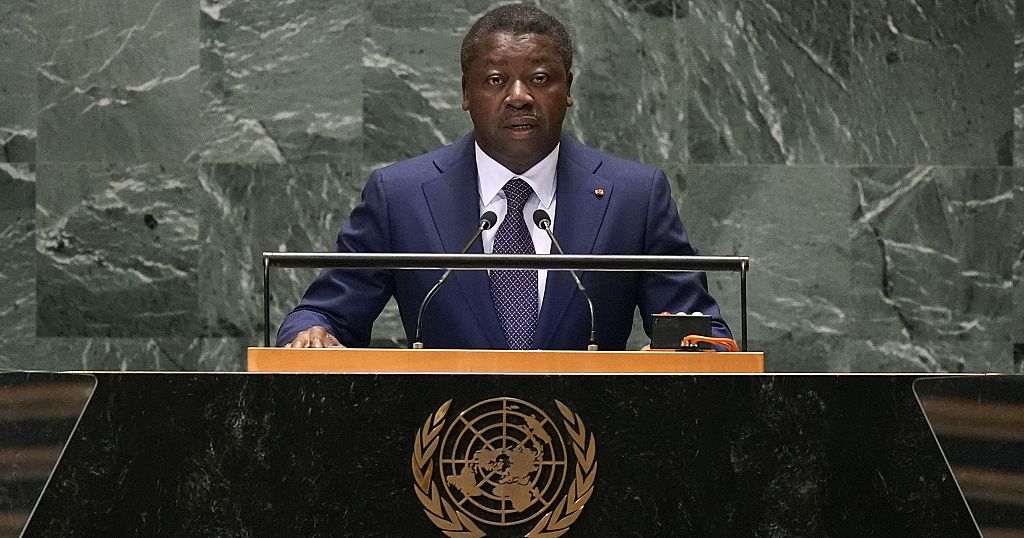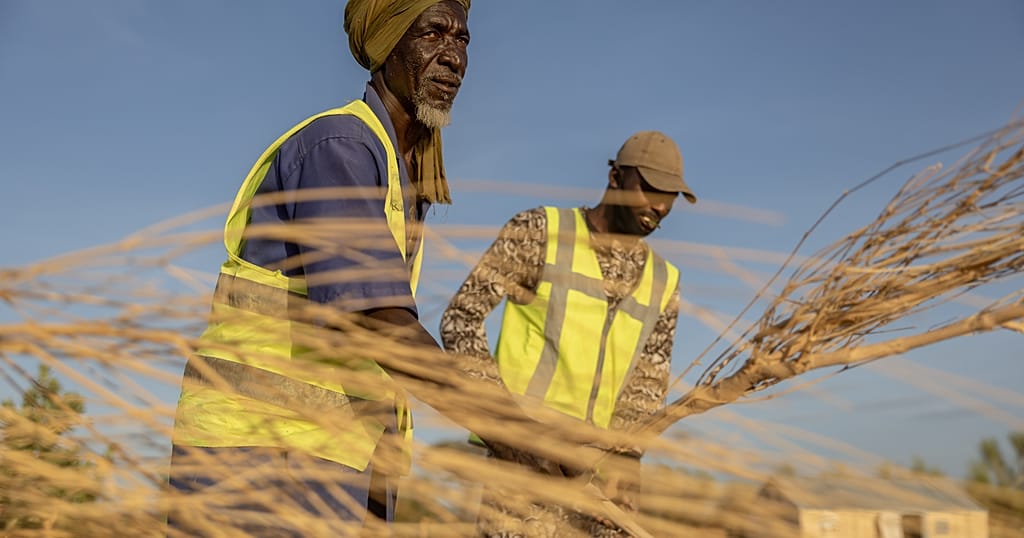Small island nations plead for their survival amid rising sea levels

World leaders taking the stage at this week’s United Nations General Assembly are warning about sea level rise and the impacts of climate change in the most dire and personal terms.
Marshall Islands President Hilda Heine said even if vulnerable lands are submerged, their nations should still be recognized. “We must also be clear,” she said. “We will not be wiped out off the map, nor will we go silently to our watery graves.”
In a special high-level summit to address the impacts or rising seas, small island nations pleaded for their survival and insisted on their sovereignty despite overflowing oceans.
“The existential threat that we face is not of our making, but it will remake us,” Tuvalu’s prime minister, Feleti Teo, said. He insisted the voices of nearly 1 billion people in low-lying nations needed to be heard.
“Heritage is lost, and the very fabric of our nations become increasingly threatened. For many of us, these are the hard realities we experience today. Not the projections of a coming future,” he added.
Seychelles President Wavel Ramkalawan asked the international community to hold businesses and governments accountable, and to increase climate funding. He pointed out the imbalance between the world’s military expenditure and funds needed to combat the effects of climate change. “A worrying reflection of the world’s priorities,” he said
Vietnam’s To Lam warned that “poor countries are being left further behind with a widening development gap” in the face of challenges from climate change, extreme weather events and natural disasters. Super Typhoon Yagi, which ravaged Vietnam, “serves as a stark warning as a severe impact that natural disasters and climate change can have on sustainable development for all,” he said.
The President of Togo Faure Gnassingbé said he hopes Africa is not left behind, and that he believes investment in green energy and education are the key to a better future for Africa’s youth. “If we do nothing, the question of the environment will lead to major waves of migration towards the north, which is clearly something that is a common concern.”
Source: Africanews















